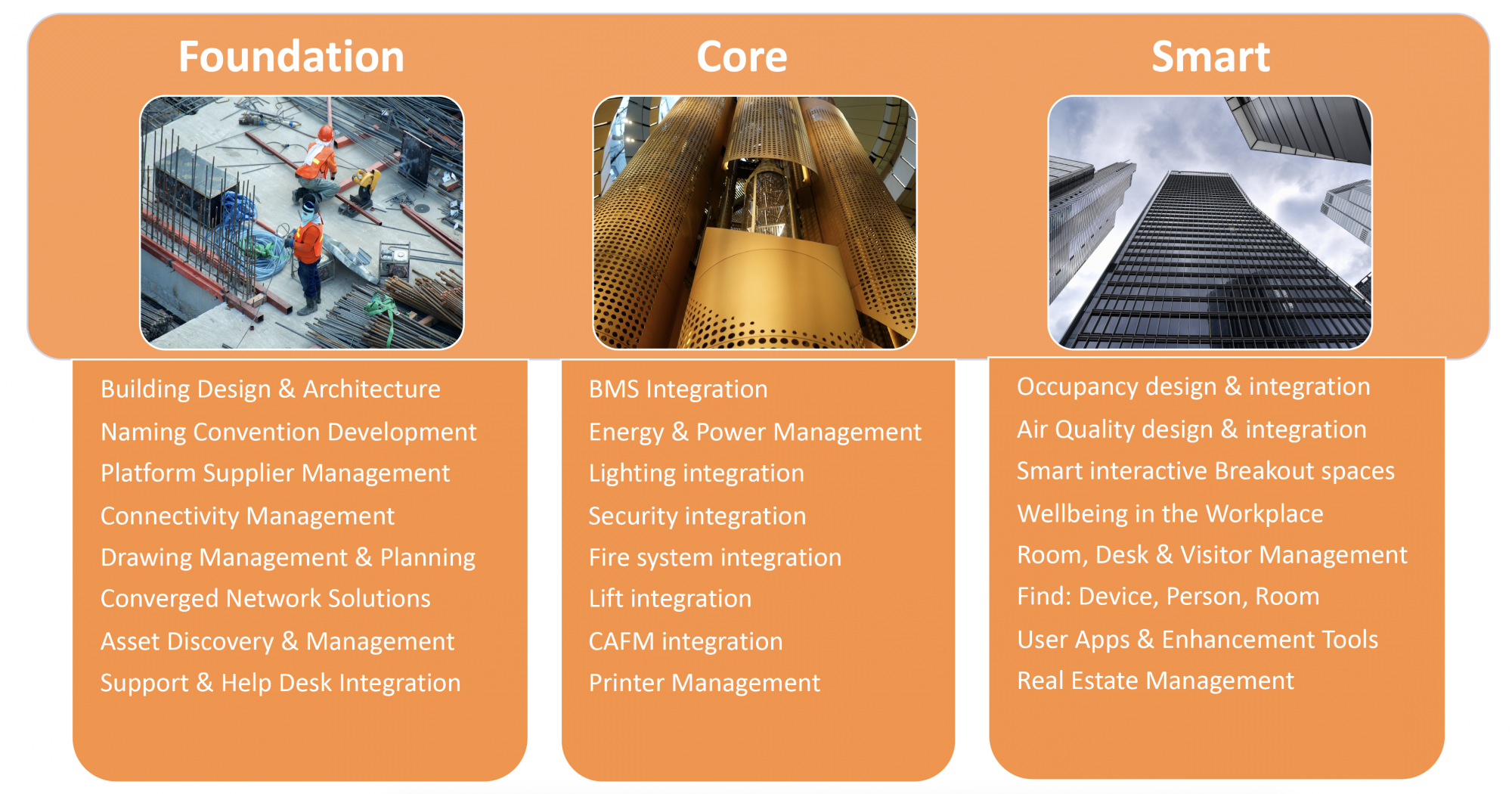Paul Wells, CEO, Nico Consultancy, discusses the importance of the Master System Integrator (MSI) and tells us exactly what the role entails
Most people have probably heard the term MSI and may even have been involved with getting something implemented that uses one, but what is an MSI and why is it important to make sure that they are the right person?
We believe the MSI role is to coordinate every aspect of a project that has multiple vendor/supplier components or solutions. It’s about integration and collaboration to ensure that everyone is working towards the same goals and objectives. Their job is not necessarily to be the expert in everything, but they do need to be able to ask the right questions and translate these into business deliverables so that the client can make informed decisions.
To be an effective MSI, the role needs to be engaged early and on behalf of the client giving independent and impartial advice on the most appropriate solutions, integration, and delivery.
In the past this was relatively easy as most projects were often nicely self-contained and then along came the concept of “Integrated”, “Smart” and “Intelligent” solutions. So now if you are trying to make a change, relocate to a new building or simply make your environment more user-friendly there are a lot more factors you need to take into consideration.
Traditionally the vendor doing the biggest part of the work would take on the MSI role and they would concentrate primarily on their solutions. The problem this created was that other services/vendors would often be overlooked or ignored as they were deemed as either not core to the project and therefore not important or not understood enough to ensure that their solutions were delivered and integrated correctly.
With the requirements for buildings to be energy and environmentally efficient and still provide all the features and services we associate with an office environment, the role of the MSI has grown far greater than the single silo approach we have seen and used in the past.
Now more than ever it is imperative that the services an MSI delivers aligns with the customer and their chosen solutions and suppliers. To achieve this the MSI needs to work closely with the main contractors and all of the mechanical/electrical systems, the applications and the myriad of different suppliers and vendors to create the required solutions and outcomes.
The solutions need to be broken down into 3 categories, starting with the “Foundation”, which is all of the building block tasks. The “Core” which includes all the parts that make it work on a day-to-day basis and then “Smart” which are the solutions that enhances and pulls everything together to create unified view(s) of the project as well as the tools and services to reduce costs and increase efficiencies.
Foundation
Like anything in life, if it is built on strong foundations, it will last and perform well. Building on strong foundations will also help to ensure that everything layered on top should be solid.
The foundations start before pen is ever put to paper, understanding the purpose of the project and how it may evolve and change over time will help to future proof the design. Layer on top of this strong energy and environmental principles and as the project comes to fruition it will already be saving money and reducing costs.

Core
Ensure your core is solid but more importantly make sure that every component can integrate and communicate with every other component, trying to rectify this after the event can often be an expensive exercise.
The core solutions have traditionally often been standalone siloes in buildings. Integrating them into a comprehensive management solution even now can be challenging. Ensure that your core solutions can be enhanced as new ideas and innovations become available and most importantly make sure that there is flexibility built into every component.
Smart
Smart is the icing on the cake, it is the glue that binds things together and it is the means to build in energy, environmental and wellness in the workplace. Without “Smart” everything is a silo that needs managing individually.
Smart provides solutions for the managers as well as the employees ensuring that the workplace adapts to the user’s requirements as well as the environmental and energy changes and challenges. Used correctly, it is a recipe for reducing costs and increasing efficiencies, embrace it and it can help to reduce sickness, increase employee satisfaction and performance and above all increase wellness in the workplace.
Conclusion
The MSI is an essential part of any major project. They need to have a wealth of experience in delivering complex solutions whilst keeping all stakeholders satisfied. They need to have the authority to own the project outcomes ensuring that all of the suppliers and vendors work together to deliver integrated solutions that fulfil the client’s requirements and brief.
*Please note: This is a commercial profile
© 2019. This work is licensed under a CC BY 4.0 license.











